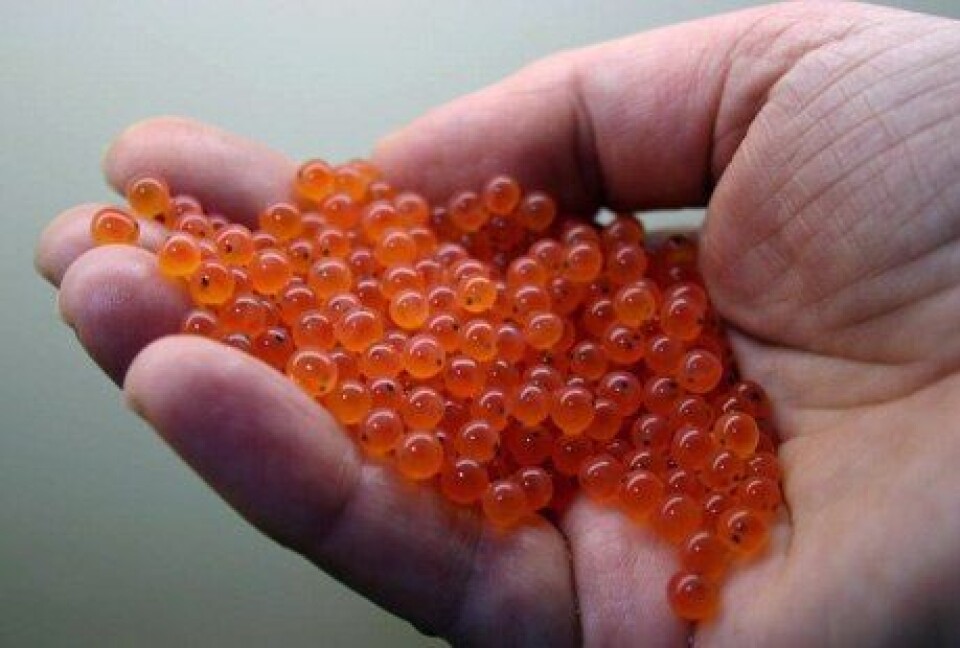
Study backs triploid salmon
According to a recent study, triploid Atlantic salmon do not pose a significant threat to wild populations, and should be viewed as an effective measure to prevent escaped farmed fish from interbreeding with wild salmon.
A large issue that continues to plague the salmon farming industry in the Atlantic Ocean is escapees. If escapees enter freshwater, and manage to interbreed with native fish, genetic introgression occurs which can have severe negative effects on genetic diversity and fitness of wild populations.
Interbreeding has been documented in Norway, Ireland, and most recently, Newfoundland.
To prevent this from happening, farmers have been looking at growing sterile triploid salmon. However, until now, ecological impacts on local populations were still considered to be a significant problem.
Scientists at the Institute of Marine Research (IMR) in Norway have shown that triploids have been getting a bad rap for no reason.
A recent study published in the journal Biological Invasions titled “Genetic screening of farmed Atlantic salmon escapees demonstrates that triploid fish display reduced migration to freshwater” by Glover et al. determined that triploid salmon are not motivated to migrate to spawning grounds.
The researchers tested nearly 4,000 escapees in 17 Norwegian rivers, and only 7 (0.18%) were triploid – a 10-fold lower than the frequency of triploids in farms.
Furthermore, triploids that were found within the river did not reach spawning grounds, and instead remained in the lower reaches of the rivers where spawning doesn't occur.
The authors concluded that because the propensity for triploid Atlantic salmon to migrate into freshwater following escape from a fish farm is significantly lower than for normal diploid salmon escapees, commercial production of triploids should be seen as an effective way of stopping genetic introgression, limiting ecological interactions and also limiting potential disease transmission.
Canadian support
Responding to the study, Dave Conley of AquaBounty Technologies told Fish Farming Expert: "The Norwegian salmon farming industry is now going in the direction that AquaBounty pioneered over 25 years ago when it adopted triploid technology for use on its AquAdvantage Salmon to mitigate against genetic impacts."























































